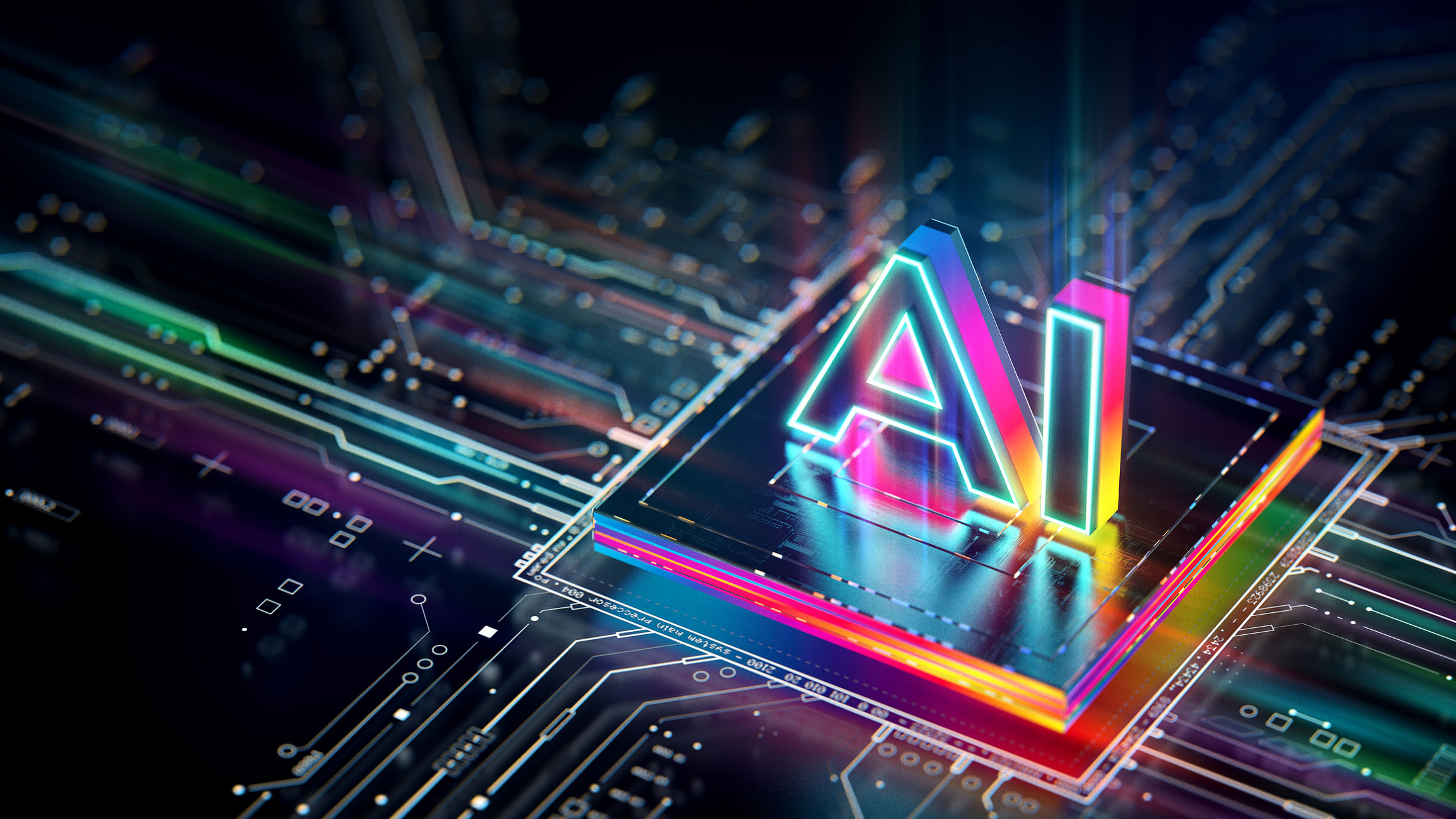
Representative image of AI.
Credit: iStock Photo
Artificial Intelligence, or AI, has become the most ubiquitous of all the frontier technologies out there today. Predicated on the ability of machines to learn and think like humans, AI holds potential across multiple domains, from agriculture and education to creative economy and defence. In particular, generative AI that can create synthetic audio-visual content offers limitless possibilities for humanity. AI’s powerful capabilities are, however, also raising apprehensions about safety and security, ethics, and its economic impact.
One of the significant concerns pertains to racial discrimination and gender bias. Several researchers have pointed out that AI replicates existing human biases that can make its application flawed and skewed. This poses grave implications in domains like healthcare or fintech. There are also ethical concerns. For instance, generative AI-based apps like those producing visual arts or music have raised fears of privacy and copyright violations. AI algorithms have also proved helpful for hackers and cybercriminals to enhance the lethality of their phishing and malware attacks. Then, there is deepfake technology, which replicates specific facial and human features to produce realistic-looking videos. It offers a potent tool for disinformation and propaganda targeted at nation-states, enterprises and individuals. Even Prime Minister Narendra Modi has highlighted the grave threat posed by the deepfake and underlined the importance of awareness and media literacy to tackle it.
AI and geopolitics
AI has emerged as one of the most transformative or disruptive technologies. Its precipitous speed and revolutionary potential have set off a race among major powers. Russian President Vladimir Putin had in 2017 declared in no uncertain terms that the country that would lead on AI would rule the world. This competition is akin to the ‘Sputnik Moment’ – that pivotal juncture in the late 1950s, when the United States began scrambling for resources to develop space exploration technology to catch up with the Soviet Union. In the AI race, China, in particular, has taken a geopolitical approach, seeking to emerge as a leader in research and application of technology to displace the US. According to the Australian Strategic Policy Institute’s Critical Technology Tracker, China leads in AI algorithms and accelerators, machine learning and advanced data analytics, outdoing the Western countries.
The geopolitical context of AI development and its emerging implications have necessitated the creation of regulatory guardrails, broadly encompassed in the terminology of ‘ethical and responsible AI’. In recent months, a raft of domestic frameworks has addressed these aspects. Taking the lead, the European Union has proposed the first comprehensive AI law that will devise rules as per the level of risks posed by different AI systems, from limited to unacceptable. In October 2023, the United States issued an Executive Order to promote accountable, secure and trustworthy AI while advancing innovation and competition.
Some plurilateral initiatives have also pursued this idea. Notable among these are the Organization for Economic Cooperation and Development principles on AI and the G20 AI Principles that debuted in 2019. Most recently, in November 2023, the UK unveiled the Bletchley Declaration, which, among others, brings the US and China together to ensure transparency and accountability in developing AI systems.
AI and Global South
India is also leaving no stone unturned to project its vision of AI governance. Domestically, it is implementing several measures to develop AI systems responsibly. It is also considering appointing a nodal officer to tackle deepfakes. At the diplomatic level, what distinguishes India’s endeavour from other initiatives is the prominence given to the concerns of the Global South, which has largely been a peripheral voice in the AI global governance debate.
India utilised the just concluded Global Partnership on Artificial Intelligence Summit to put forth the Global South’s priorities. The summit’s New Delhi Declaration, besides proposing to create a global framework on AI trust and safety and disseminate the benefits of AI for all, also commits to include the Global South’s needs in the development of AI. This emphasis was also visible in the G20 New Delhi Leaders’ Declaration that declared the grouping’s commitment to harnessing AI for the public good by solving challenges responsibly and inclusively, with a human-centric focus, while protecting people’s rights and safety.
This emphasis on the Global South’s concerns is a bid to avoid ‘AI Colonialism’ – a lesson learnt from the Cold War years when the Nuclear Non-proliferation Treaty shaped the global non-proliferation regime by excluding the Global South and promoting ‘nuclear apartheid’. While geopolitics will certainly shape the scope of global cooperation, India is eager to shape the global conversation on this key frontier technology.
Sameer Patil.
Credit: Special Arrangement
(The writer is a Senior Fellow at the Centre for Security, Strategy and Technology in the Observer Research Foundation (ORF). He is also the Deputy Director of the ORF Mumbai. He serves as India Commissioner for the Global Tech Security Commission set up by the Krach Institute for Tech Diplomacy at Purdue and the Atlantic Council.)